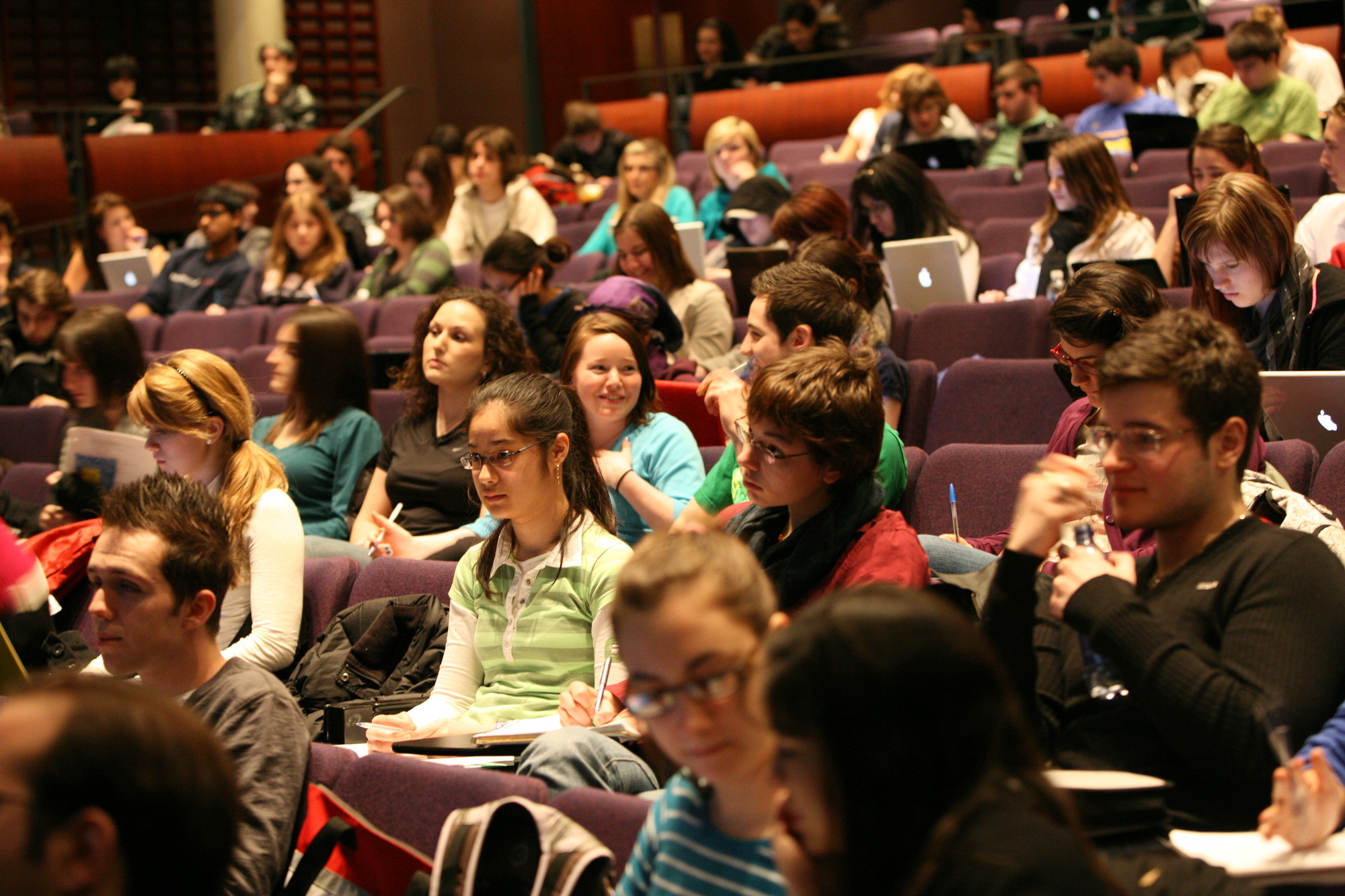Readers may recall that we recently conducted our first-ever Alumni Impact Survey. We had a great response from our community, for which we’re very grateful. We’ve just started analyzing the results, and we’ll be reporting back to you in the months to come. But I’m struck by one fascinating pattern we’ve already identified, which attests to the ability of U of T graduates to transition across an amazing range of fields, and to thrive in a succession of distinctly different roles.
Here’s just a small sampling of what we found: an investment banker who’s worked at NASA; a soprano who founded an artists’ management firm; a criminologist who’s a hostage negotiator and did two tours of duty as a reservist in Afghanistan; a geography and planning graduate who’s now an international business development executive and an accomplished photographer; a humanities major who was appointed by Unicef as a Special Advocate for Children. And these are just five of our nearly 570,000 living alumni around the globe.
In a time of seemingly unprecedented technological change, the pressure on university educators to emphasize specialization and deepen technical skills is steadily increasing. And yet, with the above stories in mind, it’s important to ask if we are serving our students’ best long-term interests by doing so, particularly as U of T embarks on the project of rethinking undergraduate education. This raises the bigger question about the continuing value of a liberal education.
The Oxford English Dictionary, in its definition of “liberal” as an adjective in this context, says that the word describes an education “directed to a general broadening of the mind.” The value of this “general broadening” cannot be overstated. It fosters curiosity, imagination and critical thinking, while enabling us to communicate and collaborate more effectively. It cultivates our capacity to reflect on ourselves and the world around us, and allows us to see possibilities throughout our lives that we might otherwise forgo. And it fosters resiliency and well-roundedness that will serve our graduates in the future.
The University of Toronto offers its students unparalleled opportunities to develop these qualities. U of T is the only public institution in the world – and one of just three universities in total, along with Stanford and Columbia – to rank among the top 30 in every major academic category surveyed by the London-based Times Higher Education. This uncommon breadth of excellence extends across our astonishing number of academic programs – more than 1,000, in fact, including some 700 undergraduate programs. And compared to many of our peers, U of T makes it much easier for students to take advantage of these rich offerings, enabling them to combine specialist, major and minor programs according to their interests, and to change their areas of focus as their interests evolve.
In addition, we are working hard to provide an increasingly rich assortment of opportunities for undergraduate research, work-integrated learning, community engagement and international experience. And our undergraduate curricula are designed to foster the core competencies required for leadership in any field our graduates may wish to enter over the course of their careers.
Of course, not all U of T undergraduates enrol in a “liberal arts” program. But the benefits of “broadening” are equally pertinent, no matter what discipline they study. This has been recognized, for example, in the structure of many of our professional programs.
This broad-mindedness is clearly a powerful force for good, and in our increasingly polarized world, it remains profoundly relevant to our individual and collective success. It’s a reason to be proud of our membership in the U of T community, and confident in the vital importance of our academic mission. In the 21st century, the openness, creativity and agility needed to reinvent oneself seems more important than ever. And that’s what a liberal education makes possible.
Recent Posts
U of T’s 197th Birthday Quiz
Test your knowledge of all things U of T in honour of the university’s 197th anniversary on March 15!
Are Cold Plunges Good for You?
Research suggests they are, in three ways
Work Has Changed. So Have the Qualities of Good Leadership
Rapid shifts in everything from technology to employee expectations are pressuring leaders to constantly adapt






